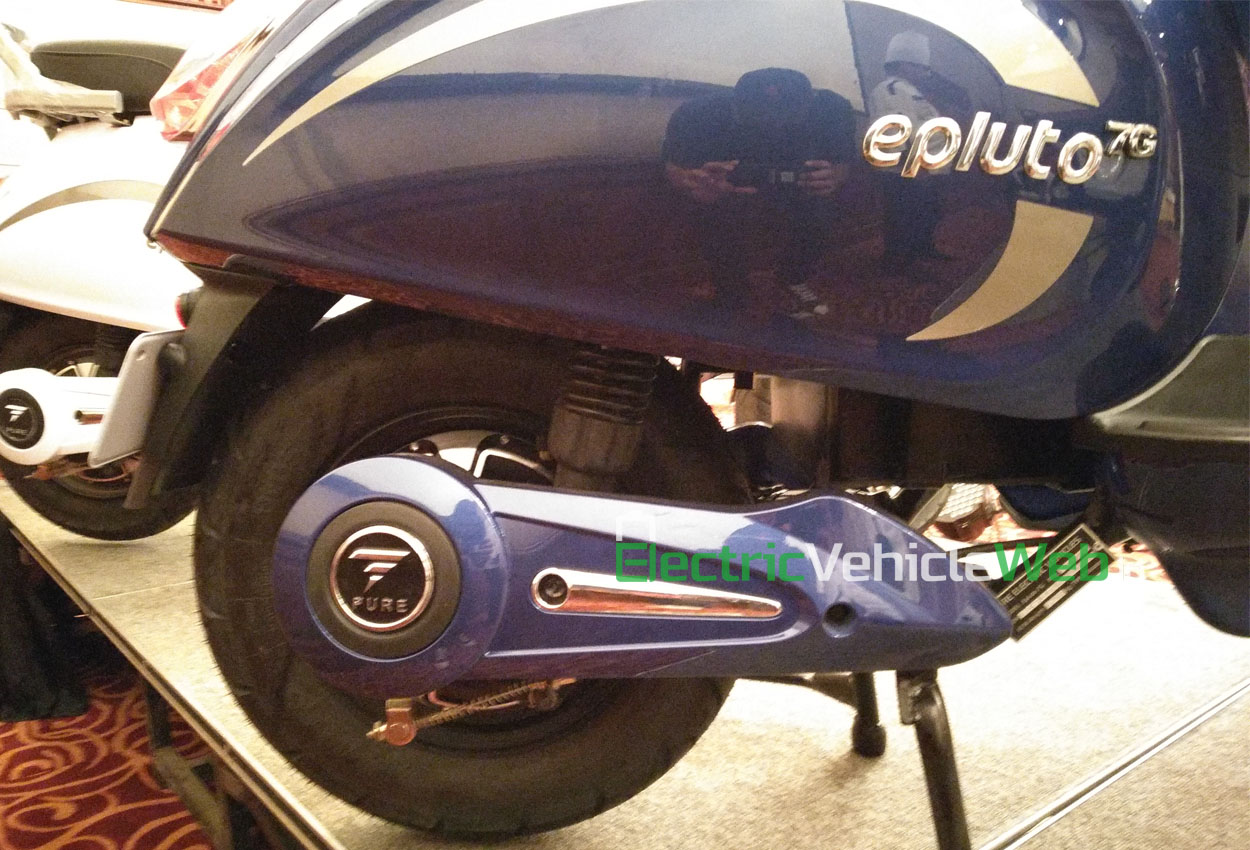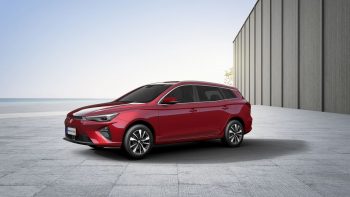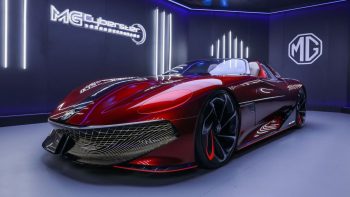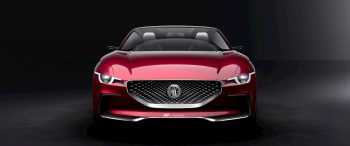Since the launch of the Delhi Electric Vehicle Policy, 2020 in October last year, the state has seen registrations of almost 6,000 electric vehicles. That’s according to Delhi’s Transport Minister Kailash Gahlot, ET Auto reports.
In the coming months, Delhi could become the biggest market for passenger EVs like electric cars and electric bikes, as well as electric CVs like electric three-wheelers and electric buses, by a big margin. Many companies are making electric vehicles available in this market, the latest one is the TVS iQube launched in nation’s capital, at INR 1.08 lakh on-road (inc. subsidies).
Charging EVs is becoming more convenient, which will drive up their adoption and help the government reach its goal of making EVs mainstream. Gahlot has said that the government wants to set up charging stations within every 3 km. It is also giving purchase incentives to people who want to establish a private charging station.
EVs eligible for Delhi Electric Vehicle Policy
The transport department of Delhi has approved more than 100 EVs that are eligible for a subsidy under the Delhi Electric Vehicle Policy, 2020. It has also launched a new website for obtaining information related to the policy: ev.delhi.gov.in.
Electric Cars & Electric Scooters eligible for incentive
The incentives under the Delhi Electric Vehicle Policy are applicable for EVs registered after 7 August 2020. EVs registered from 10 October 2020 are eligible for road tax exemption as well. Moreover, EVs registered 15 October 2020 benefit from registration fees exemption.
The cars eligible for the aforementioned benefits include Tata Tigor EV (XE, XE+, XM, XM+, XT & XT+), Tata Nexon EV (XM & XZ+) and the Mahindra EVerito (C2, C6, D2 & D6). The MG ZS EV and Hyundai Kona EV are not included in the list. The maximum savings is on the Tata Nexon EV XZ+, in which customers save INR 1,50,000 as a subsidy and INR 1,49,900 in road tax and registration fees. The on-road price of INR 17.59 lakh comes down by INR 3.03 lakh to 14.56 lakh.
As for the electric two-wheelers, models like Ampere Magnus, Okinawa Praise Pro, Okinawa iPraise+, Hero NYX HX, Hero Optima HS 500 ER, Hero NYX HS 500 ER, Hero Photon LP, Hero Flash E5, Hero Optima E5, Hero Optima Pro and Hero NYX Pro are included in the list. The Okinawa iPraise+ benefits the most from the subsidy and exemptions, with the on-road price coming down from INR 1,08,728 by 27,393 to INR 81,335.
Maximum models included in the Delhi Electric Vehicle Policy eligibility list are three-wheelers.
The Delhi Electric Vehicle Policy, 2020 that was announced on 23 December 2019 was approved with an announcement on 7 August 2020. With incentives of up to INR 1,50,000, the policy aims to establish Delhi as the nation’s EV capital and drive rapid adoption of pure electric vehicles. On 10 October 2020, road tax exemption on EVs in Delhi was announced. Just five days later, on 15 October 2020, registration fees exemption was announced as an icing on the cake.
The exemption of road tax for BEVs, as attractive as it sounds, could affect the overall auto market in Delhi. The Delhi Electric Vehicle Policy states that “additional road tax shall be levied on diesel and petrol vehicles, especially luxury cars,” and that amount “shall be allocated to the State EV Fund.”
Like for the road tax exemption, the policy proposes that Pollution Cess, additional Road Tax, Congestion Fee and Environment Compensation Charge will serve as the primary contributors for the State EV Fund. The public at large, those buying ICE scooters and cars, will have to bear the burden. It remains to be seen whether punitive taxation of ICE vehicles will push the public to consider an EV.
Delhi government uses software which ICICI Bank has developed to disburse the subsidy under the Delhi Electric Vehicle Policy, 2020. The electric vehicle dealers get access to this software and need to fill the relevant details about their customers’ purchase. After that, once the concerned motor licensing officers verify the purchase, the customer will get the subsidy amount directly in his/her bank account. This process will take less than 48 hours.
EV incentives under Delhi Electric Vehicle Policy, 2020
Electric bike & scooter incentives in Delhi
Two-thirds of Delhi’s new vehicle sales are of two-wheelers, and the most popular segments are 110-125 cc motorcycles (models like Hero Splendor and Honda CB Shine) and 90-125 cc scooters (models like Honda Activa, TVS Jupiter & Suzuki Access). To speed up the shift to electric two-wheelers, up to INR 30,000 incentive will be available on electric two-wheelers with Advanced Batteries (as per FAME India Phase II). Below are the requirements for the electric two-wheelers that have to be met to be eligible for the incentive:
| Criteria | Threshold Value |
| Minimum Top Speed | 40 km/h |
| Minimum Acceleration | 0.65 m/s2 |
| Maximum Energy Consumption | Less than or equal to 7 kWh/100 km |
| Warranty | At least 3 years, including battery warranty, from manufacturer |
Electric auto rickshaw incentives in Delhi
Electric L5M category vehicles (electric passenger three-wheelers including electric auto rickshaws) with advanced batteries (as per FAME India Phase II) and meeting the eligibility criteria for FAME India Phase II incentives will be eligible for the incentives under the Delhi Electric Vehicle Policy. There’s an INR 30,000 purchase incentive and also a 5% interest subvention on loans/or hire purchase scheme for electric auto rickshaws in Delhi now, thanks to the new regional policy.
Electric cart incentives in Delhi
The same incentives of electric auto rickshaw will be offered for electric carts. However, in the case of e-carts, the purchase incentive shall be applicable even if they have lead acid batteries and swappable batteries and if the battery is not sold with the vehicle. To get the loan and/or hire purchase incentive, though, the e-carts will have to have an advanced battery (as per FAME India Phase II).
Electric Car incentives in Delhi
For electric cars with advanced batteries (as per FAME India Phase II) in Delhi, there’s a purchase incentive of INR 10,000 per kWh of battery capacity. The maximum incentive is INR 1,50,000 per vehicle. What’s really interesting about the policy is that, unlike the FAME India scheme, it doesn’t set a bar on the retail price of the electric car. Hence even MG ZS EV and Hyundai Kona EV customers will be able to claim it. The downside is that it will be available to only the first 1,000 electric cars sold after this announcement.
The goal of the Delhi Electric Vehicle Policy is to increase the share of Battery Electric Vehicles (BEVs) to 25% by 2024 in the state. The auto industry is heaping praise on the Delhi government which wants 1 out of 5 new light vehicles sold to be a zero-emission model. Incentives offered under this regional policy would be in addition to the incentives available in the national scheme FAME India, which is currently in Phase-II.



